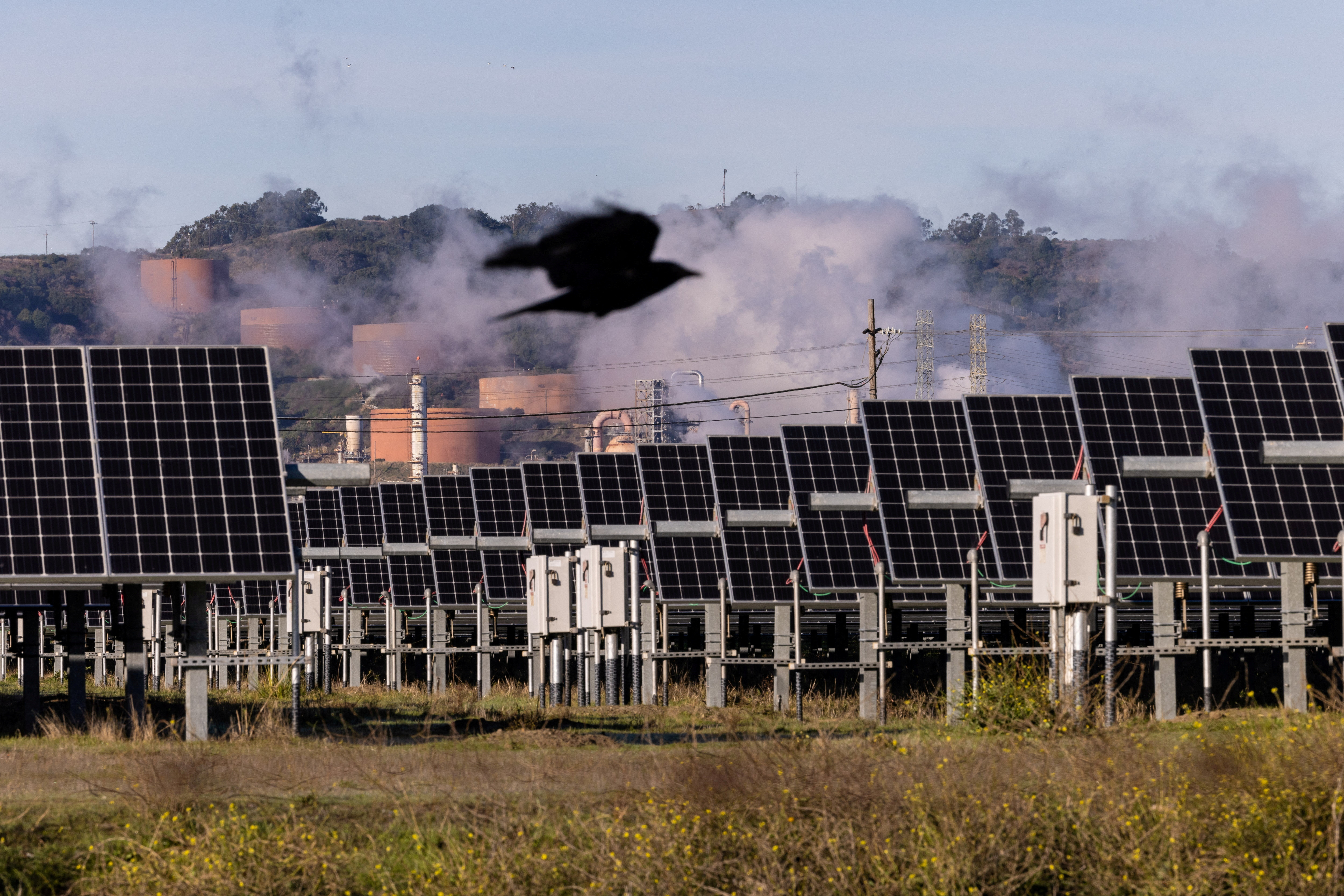US Sees Record Solar Panel Imports Amid Tariff Concerns

Data reveals that the volume of solar panels imported from Southeast Asia reached a historic peak during this period. The sharp increase reflects strategic moves by companies to avoid higher costs associated with new trade barriers. The expanded tariffs, designed to bolster domestic production by raising costs for imported goods, prompted this last-minute rush.
Countries such as Vietnam, Thailand, and Malaysia, key players in the solar panel manufacturing sector, have been pivotal in supplying the US market. The surge in imports highlights the significant role these nations play in meeting the growing demand for renewable energy solutions in the US.
Trade analysts suggest that the flood of solar panels was a direct response to the anticipated rise in tariffs. The US Department of Commerce’s decision to extend and expand tariffs on solar panels from these Southeast Asian countries was expected to increase the cost of these essential components for solar energy systems. By importing larger quantities before the new tariffs were implemented, US-based companies aimed to mitigate potential cost increases and supply chain disruptions.
The timing of the import surge was crucial, as the expanded tariffs were part of a broader strategy to strengthen domestic manufacturing and reduce reliance on foreign sources. The US government’s initiative, while aimed at promoting local industry, has been met with mixed reactions from industry stakeholders. Some argue that the tariffs will help stimulate domestic production and job creation, while others worry about potential increases in energy costs and supply chain instability.
The surge in imports underscores the significant impact of trade policies on global supply chains. As the US continues to navigate its renewable energy goals and trade relationships, the solar panel import spike serves as a testament to the interconnected nature of global markets and the strategic maneuvers companies undertake in response to policy changes.
The record-breaking import levels of solar panels from Southeast Asia highlight the immediate effects of trade policy on global supply chains. As the US faces evolving trade and energy challenges, the industry’s adaptation to these changes will be crucial in shaping the future of renewable energy.

Join the conversation